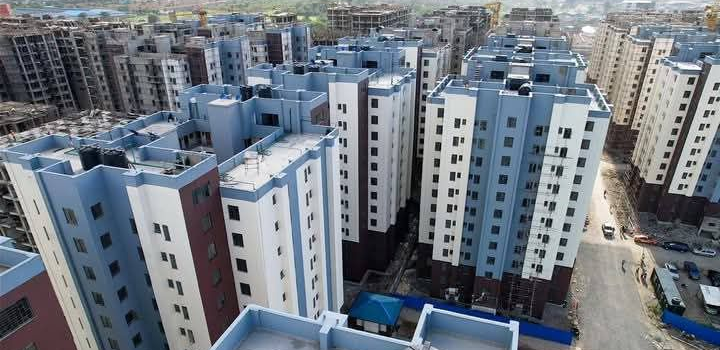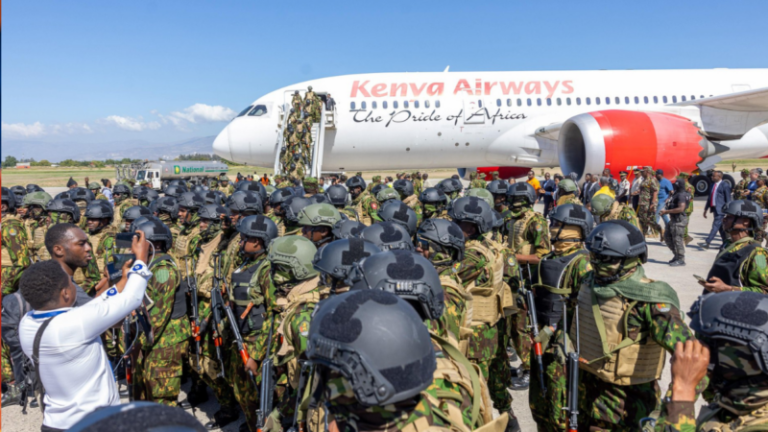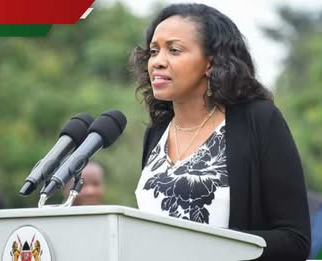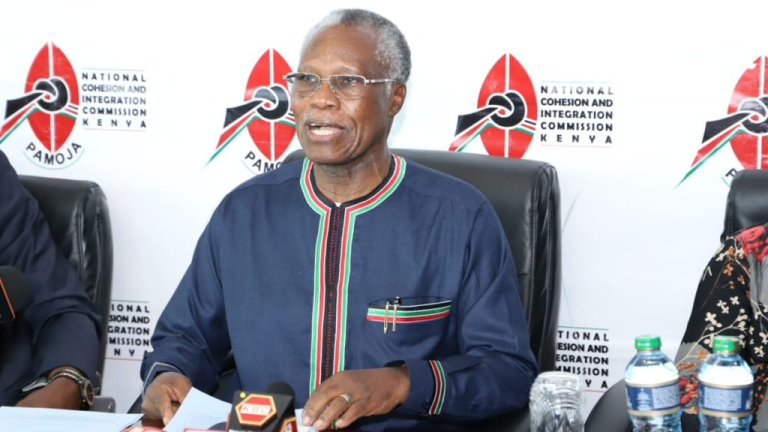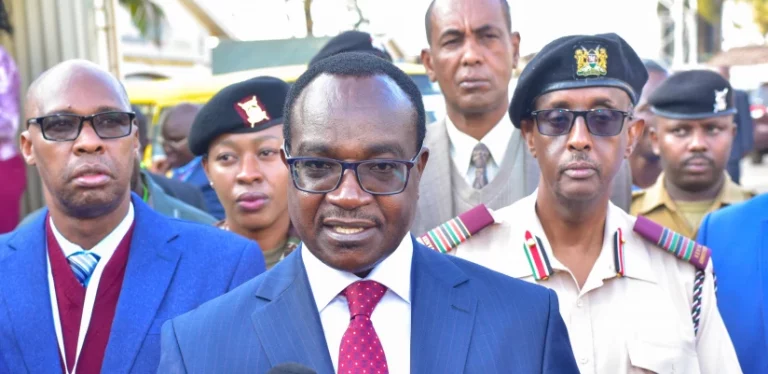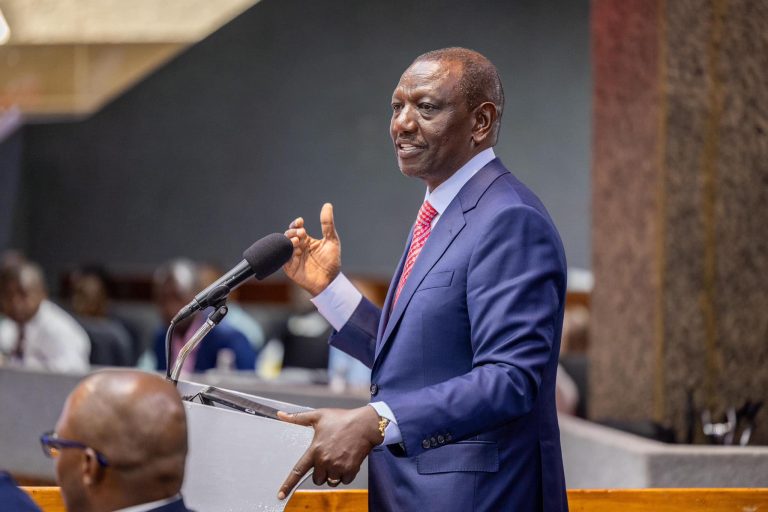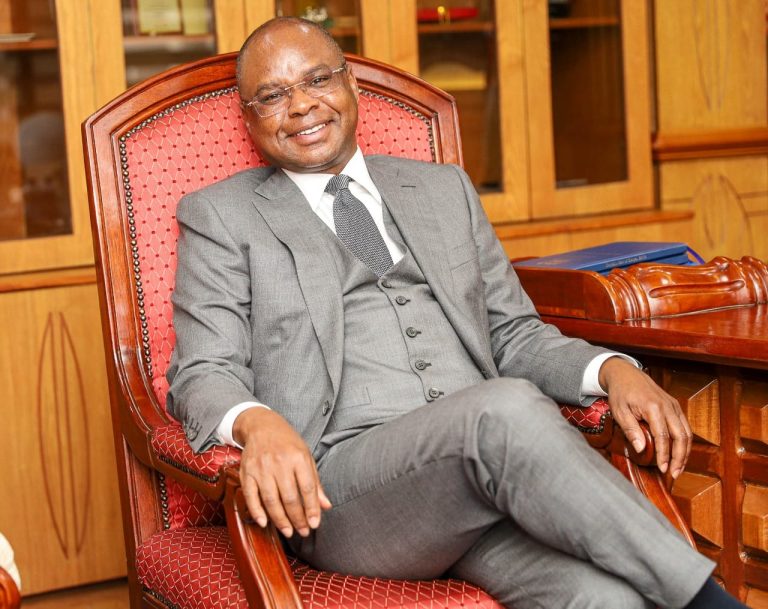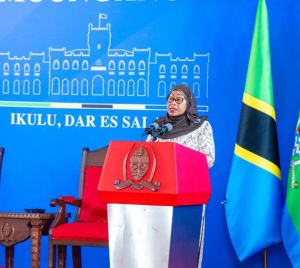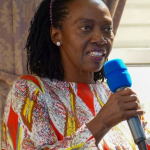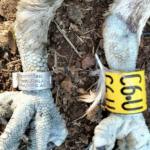More than 1,000 people who used to live in Mukuru Kwa Njenga have now moved into new, affordable houses built by the government.
These residents will each pay only Ksh.3,000 every month under a special government program called “rent-to-own.”
This plan allows families to pay a small amount every month while working toward owning the house in the future. Over time, these payments will help them fully own their homes.
During an interview on Citizen TV’s JKLive show on Wednesday night, Housing and Urban Development Principal Secretary (PS) Charles Hinga explained how the plan works.
He said the government designed the payment structure to match what most people were already paying for rent in informal settlements. However, unlike before, these payments now lead to ownership, not just rent.
“They will pay Ksh.2,800 every month, but this is not just rent—it’s a rent-to-own plan,” PS Hinga said.
In addition to the monthly rent-to-own payment, residents will pay Ksh.1,000 as a service charge and another Ksh.200 for insurance. This brings the total monthly payment to Ksh.3,000.
Service charge
PS Charles Hinga also pointed out that the service charge, is already heavily supported by the government.
Normally, this kind of service would cost around Ksh.3,000 per month. But because the residents are among the most vulnerable people in society, the government gives a subsidy of Ksh.2,000.
This means the residents only need to pay Ksh.1,000 for services like water, waste collection, and maintenance.
On top of that, they will pay Ksh.200 for insurance. This insurance is very important. If something bad happens—like the death of a family member or a serious injury—the life cover and property insurance will provide some security and peace of mind.
Earlier this week, on Tuesday, President William Ruto officially handed over the first set of 1,080 housing units in the Mukuru Affordable Housing Project.
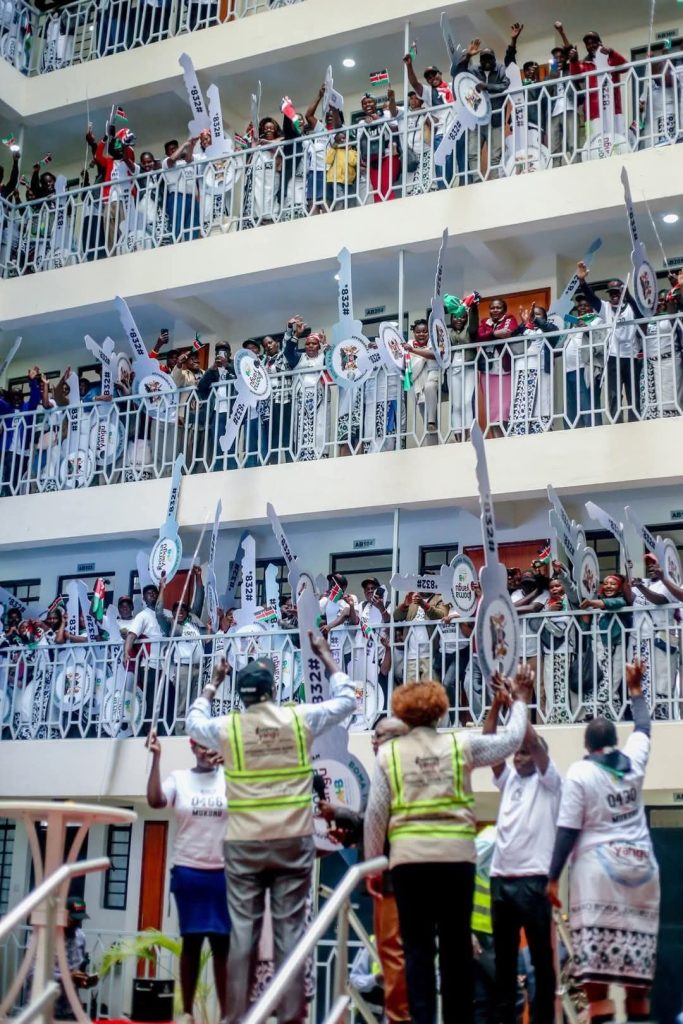
Most of these new homes are bedsitters, small but modern living spaces designed for individuals or small families.
Penalty of poverty
PS Hinga said this project is about more than just giving people a roof over their heads. It’s about solving what he called the “penalty of poverty.”
According to him, people living in informal settlements often end up paying much more for basic services than those living in formal neighborhoods.
“For example,” he said, “we did a survey in Mukuru and discovered something shocking. People there pay 172% more for water than people in other areas because they don’t have piped water.
They also pay over 140% more for electricity, most of which comes from unsafe and illegal connections. And they even have to pay just to use a toilet.”
He added that this housing program is meant to give back dignity to millions of Kenyans who live in tough conditions.

By providing safe and clean homes with proper infrastructure, the government hopes to improve the lives of people living in slums and informal areas.
“That is probably the lowest level of indignity—having to pay more to live in poor conditions,” said Hinga.
“Yet, this is the reality for nearly 70% of our urban population. That’s why this project is so important. It’s not just about houses—it’s about restoring dignity and giving people hope for a better future.”
Follow https://kenyaonline.xyz for more.
